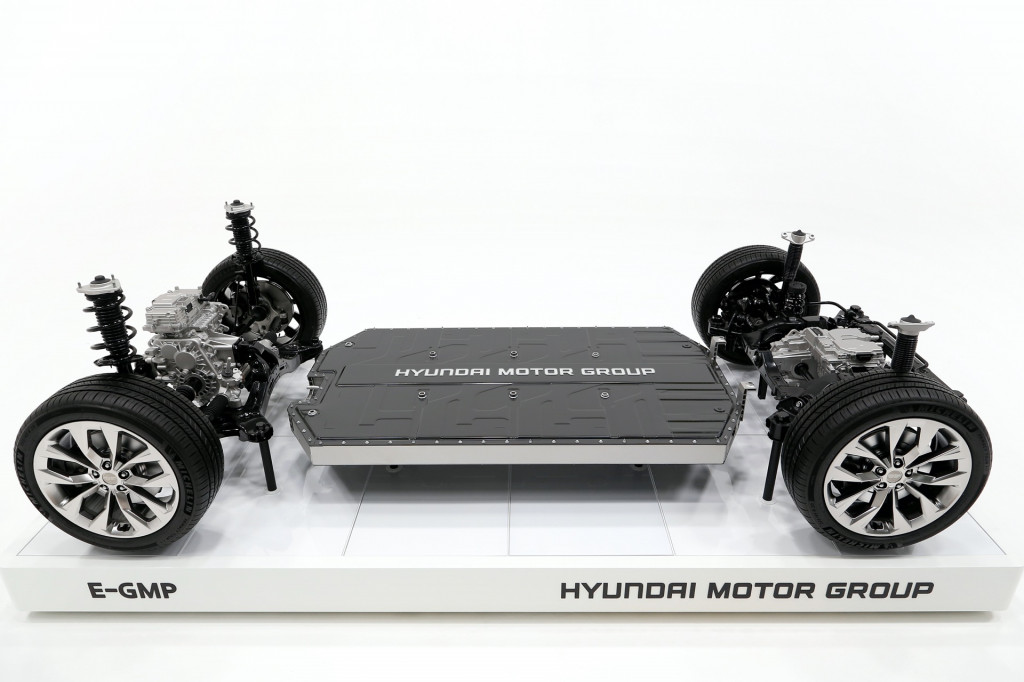More evidence has emerged that goes toward corroborating reports Hyundai and Apple [NASDAQ: AAPL] are planning to jointly develop an electric vehicle, possibly one with self-driving capability.
Citing an anonymous Hyundai executive familiar with the matter, Reuters reported last week that the Korean automaker is unsure whether a tie-up with Apple is a good idea. Apparently Hyundai is concerned that its image may be tarnished if it is perceived as simply a contract manufacturer, like Taiwan's Foxconn which manufactures the iPhone for Apple.
“We are agonizing over how to do it, whether it is good to do it or not,” the Hyundai executive said. “We are not a company which manufactures cars for others; it is not like working with Apple would always produce great results.”
Another source told Reuters that Apple prefers to source key components for the car, including frames, bodies and powertrains, from a variety of suppliers and then have Hyundai complete the final assembly. This might be too much for Hyundai which traditionally sources key components in-house.

Hyundai Motor Group E-GMP platform
But the story doesn't end there. Ming-Chi Kuo, an analyst at TF International Securities with contacts from suppliers to Apple based in Asia, said in a recent investor note obtained by Mac Rumors that he believes Apple is looking to use Hyundai's E-GMP modular EV platform and would likely only be able to deliver the car by 2025 at the earliest. The E-GMP platform will make its debut in the Hyundai Ioniq 5 compact crossover SUV due for a reveal in February, and will also be used for vehicles from Kia and Genesis.
Kuo also said in his investor note that Apple was working with General Motors and PSA Group (now Stellantis) in addition to Hyundai, but didn't provide further details.
The latest news comes just weeks after Hyundai confirmed it was in talks with Apple in response to reports out of Korea that the two companies were collaborating on a self-driving EV to be built by Hyundai or Kia at a plant in the United States starting around 2024.
